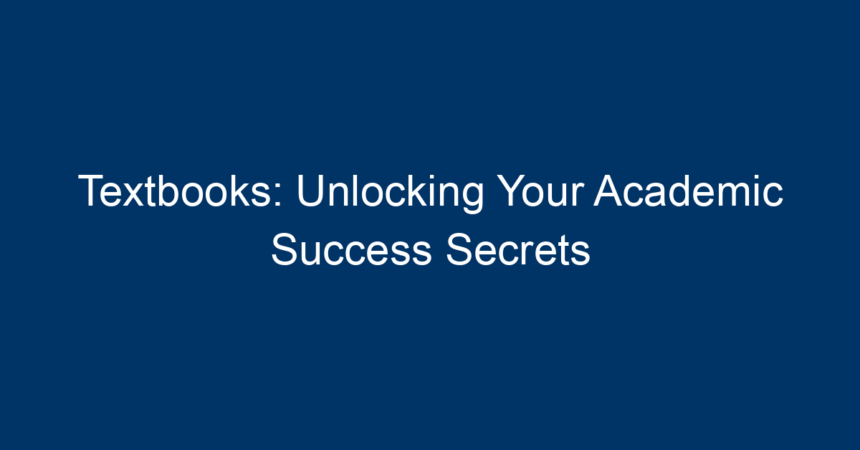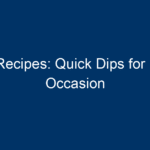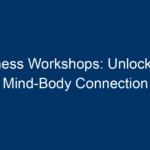In the vast realm of education, textbooks merely serve as foundational tools, yet their impact on your academic journey is profound. Many students perceive textbooks as burdensome, heavy tomes filled with complex theories and endless information. However, textbooks can be your best allies in unlocking academic success. In this article, we will explore the myriad of ways textbooks can aid in your learning process, tips on choosing the right ones, and strategies for maximizing their benefits.
The Role of Textbooks in Education
Textbooks are vital resources designed to provide structured knowledge on various subjects. They curate essential information, offering a roadmap through the complexities of a topic. Let’s dive deeper into their roles in education.
1. Structured Learning
Textbooks present information in an organized manner. They typically follow a clear outline with chapters that progressively build knowledge. This structure is beneficial for students who struggle to grasp complicated concepts, providing them with a sequential learning experience.
2. Comprehensive Coverage
Well-written textbooks cover essential topics comprehensively. They serve as one-stop resources that embody foundational theories, key concepts, and practical applications. This coverage is especially crucial in fields like science, mathematics, and social studies, where context is vital for understanding.
3. Reference Material
Textbooks also act as essential reference materials. When working on assignments or preparing for exams, textbooks can provide students with the background information they need to support their arguments or project ideas. They are also beneficial when conducting research or delving into case studies.
4. Critical Thinking and Problem-Solving Skills
Many textbooks include exercises, case studies, and discussion points designed to stimulate critical thinking. Engaging with these components encourages students to apply what they’ve learned, honing their problem-solving skills. This skill development is pivotal not only in academic success but also in professional life.
Choosing the Right Textbooks
While understanding the importance of textbooks is vital, selecting the right ones can significantly influence your academic success. Here are some criteria to consider when choosing textbooks.
1. Relevance to Your Curriculum
Always choose textbooks that align with your course requirements. Consult your syllabus or ask your instructors for recommendations. Using textbooks that complement your curriculum ensures you will cover the material necessary for passing exams and completing assignments.
2. Author Credibility
Look for textbooks authored by experts with credible backgrounds in their respective fields. Research the authors’ academic qualifications, published works, and professional experience. Reputable authors typically provide accurate, insightful content that enriches your learning experience.
3. Reviews and Recommendations
Read reviews from other students or educators. Websites, bookstores, and academic forums can offer feedback about particular textbooks. Recommendations from peers who have previously used the textbooks can also guide you toward the best choice.
4. Format and Accessibility
Consider the format of the textbook. While traditional print books are popular, eBooks or online textbooks are gaining traction for their convenience. Assess which format suits your learning style. E-textbooks often come with added features like multimedia resources that can enhance understanding.
Maximizing Your Textbook Usage
Once you select the right textbooks, it’s time to utilize them effectively. Here are strategic approaches to make the most out of your textbooks.
1. Active Reading Techniques
Passive reading can lead to information overload, making it challenging to retain knowledge. Instead, utilize active reading techniques:
- Highlighting Key Points: Use highlighters or sticky notes to mark important concepts.
- Taking Notes: Summarize sections in your own words to reinforce understanding.
- Asking Questions: Engage with the content by asking yourself questions as you read.
2. Create a Study Schedule
Integrate your textbook reading into a structured study schedule. Allocating specific times for reading will create discipline and help you stay organized. Stick to this schedule to maintain a steady pace, ensuring you cover the necessary material prior to exams or deadlines.
3. Form Study Groups
Collaborating with peers in study groups can significantly enhance your understanding of the material. Discussing the textbook content together allows you to explore different perspectives and clarify doubts. Encourage each member to bring their textbooks and notes to the discussion, facilitating a richer exchange of ideas.
4. Utilize Supplementary Materials
Many textbooks come with additional resources like workbooks, online platforms, and supplementary websites. Take advantage of these resources, as they can provide practice questions, quizzes, and other materials that reinforce learning.
Navigating Difficult Topics
Some subjects may present challenges, making it harder to engage with the textbook material. Here are strategies to navigate difficult topics effectively.
1. Focused Reading
When encountering tough material, focus your reading on understanding core concepts rather than rushing through the entire chapter. Consider reading sections multiple times to gain clarity.
2. Seek Help
Don’t hesitate to reach out for help. Whether it’s asking teachers for clarification or joining study groups, getting support can make a significant difference in your comprehension of challenging topics.
3. Utilize Online Resources
Complement your textbook study with reputable online resources like academic websites, lecture videos, or forums. Visual and auditory aids can provide alternative explanations that may resonate better with you.
4. Stay Positive
Maintain a positive attitude towards your studies. Remind yourself that struggling with difficult topics is part of the learning process. Persistence pays off, and breakthroughs often occur after consistent effort.
Conclusion: Your Academic Success Toolkit
Textbooks are more than just educational materials; they are powerful tools that can shape your academic journey. By understanding their role, choosing the right books, and employing effective strategies for usage, you can unlock the secrets to academic success.
Incorporate these insights into your study routine, and watch as your academic performance improves. Remember, the journey to success may come with challenges, but textbooks will always be your steadfast companions. Embrace them, utilize them wisely, and transform your academic experience.
Actionable Insights:
- Assess your textbook needs: Review your syllabus and identify essential textbooks for your courses.
- Implement active reading strategies: Engage deeply with your textbooks to enhance retention.
- Establish a study group: Collaborate with classmates to discuss and dissect textbook content together.
- Remain open to seeking help: Utilize available resources, whether online or in-person, to clarify challenging material.
By focusing on these actionable insights, you can make the most of your textbooks and pave the way for a successful academic future.




